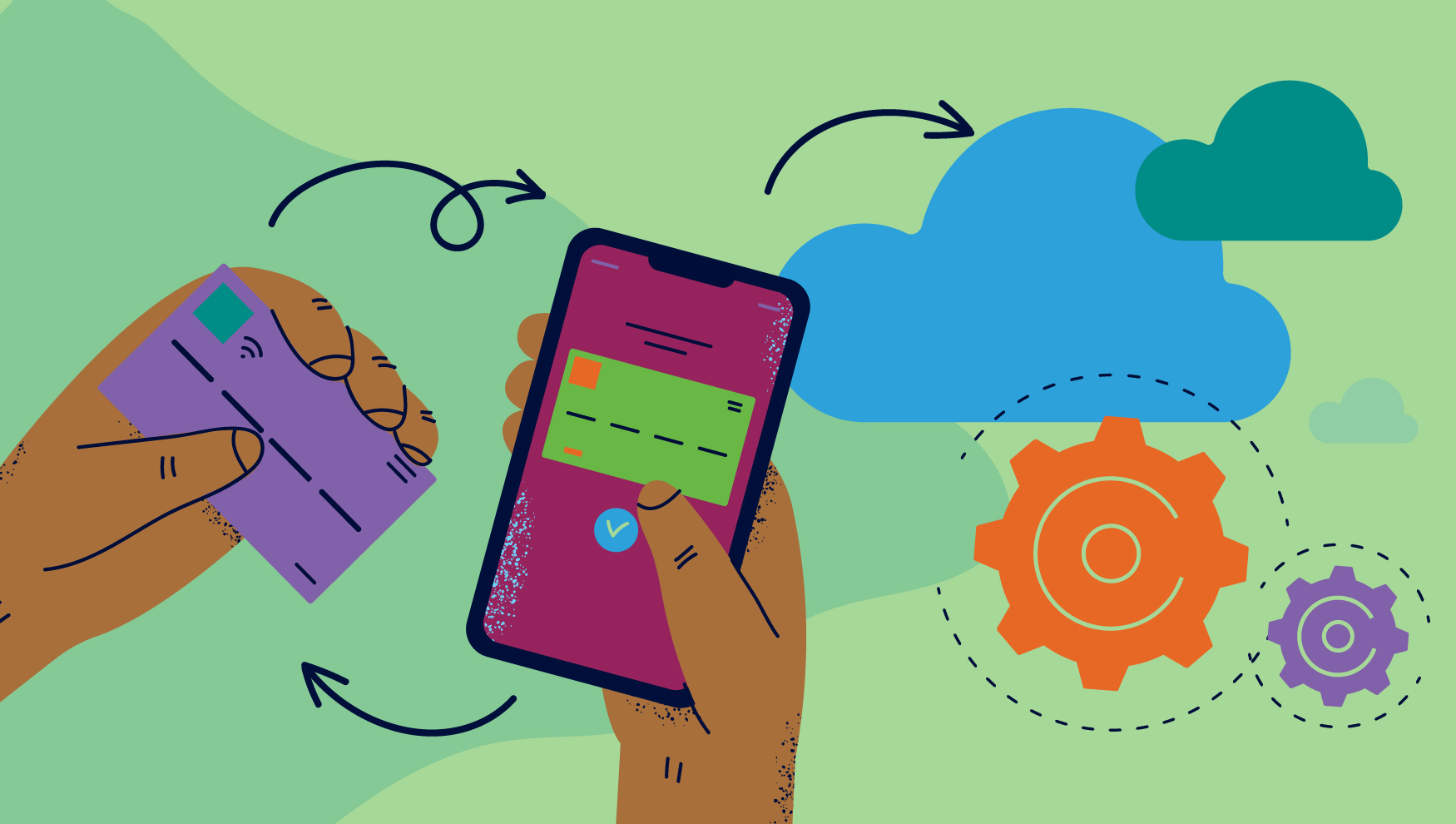
The implementation of Open Banking in Brazil started in November last year and will end later this year. With Open Banking’s launch, the push for digital transformation has finally reached Brazil’s financial institutions. In the wake of this transformation, PIX, the Brazilian Instant Payment system, will also simplify and optimize processes for banks and FinTechs. This will further strengthen the Open Banking landscape, changing Brazil's financial services sector forever.
What is Open Banking?
As its name suggests, the idea behind the Open Banking initiative is to make Brazil’s financial system more transparent and flexible for consumers. Once Open Banking goes into effect, bank customers can make money transfers using different financial platforms without enduring the bureaucracy of traditional banks. The idea is to simplify the portability of customers’ bank data by not limiting access to traditional banks. In practice, consumers will be able to manage their accounts and services through a single application, even if each product/service comes from different institutions.
The Banco Central do Brasil (BC) and the National Monetary Council (CMN)– the agencies that regulate Open Banking – expect new digital technologies to modernize banking services, processes, and products, enabling banks to meet customer demands and control costs. The BC’s objective is to increase competition between banks and thereby reduce interest rates.
“We are creating the basis for [FinTechs] to innovate and create better products and services,” said BC Regulation Director Otavio Damaso.
What is PIX?
To better understand Open Banking, let’s first talk a bit about PIX and how these two initiatives interact. PIX is the new Brazilian Instant Payment system. Unlike other forms of electronic transactions (such as TED, DOC, boleto, and credit card), PIX allows the transfer of money from the payer’s bank account to the creditor’s account almost instantly, at any time, and without intermediaries. It promises a more practical and efficient payment system that works 24/7, without interruptions or limits. It can also be used to transfer both small and large amounts between individuals, businesses, and government agencies.
PIX promises to bring new capabilities to Brazil’s banking customers by enabling faster money transfers and eliminating lengthy settlement times.
To make a PIX transfer, users only need an identifier like a QR Code, phone number, or email address. Individuals can use Brazil’s taxpayer social security number, known as Cadastro de Pessoa Fisica (CPF). Meanwhile, Brazilian businesses have the option to use the National Register of Legal Entities (CNPJ) number. This makes payment methods less bureaucratic and more efficient. PIX keeps records of transactions that are stored using blockchain code, facilitating credit analysis. The blockchain code also provides FIs with customer information, such as how many accounts they have on PIX and whether an account has a default.
Today, in Brazil, consumers and businesses often rely on boletos for payments. Boletos are physical documents with numbers and barcodes that can take five days to settle in a legal entity’s bank account and costs money to process. PIX enables customers to replace boletos by transacting directly with merchants or at ATMs. Money moves much faster, enabling bank settlements in a few seconds. Plus, it’s free to use.
The Future Is Today
Convenience, practicality, and low costs – being part of the digital transformation is no longer a vision of the future; it’s happening now.
Consumers adopted new shopping and banking behaviors during the pandemic that are here to stay. Meanwhile, more banking solutions will ultimately go digital. Blockchain, cloud services, artificial intelligence, digitization, and other advanced technologies will forever change the way we buy goods online. These technologies can also leave a positive impact on the performance of companies and corporations.
FIs will need to monitor financial risks quickly and ensure the security of PIX-enabled payments, P2P transactions, and online account opening transactions to compete in the Open Banking landscape. Brazil’s banking landscape is in for big changes. FIs that can’t keep up with changing consumer and business expectations risk getting left behind.
Click here to read this article in Portuguese.
Brazil’s instant payment scheme PIX launched in November 2020. With the availability of PIX, Brazil’s banks must take specific steps to ensure that their customers’ instant payments do not become instant fraud losses. Download our eBook, How to solve for PIX with Feedzai, to learn how Feedzai’s end-to-end platform distinguishes customers’ normal behavior from anomalous behavior.
Share this article:
Related Posts
0 Comments11 Minutes
#MyAI: Customer Choice and Consent in the Generative AI Age
From chatbots to call centers to loan applications and beyond, artificial intelligence…
0 Comments11 Minutes
Feedzai Fraud Frontlines: Cloud Migration Done Right
We’re on a mission to help banks and financial institutions shield their customers from…
0 Comments6 Minutes
How Feedzai Supports Mental Health / Menstruation at Work
At Feedzai, we have a reputation for being risk-takers and innovators. In our product, in…



